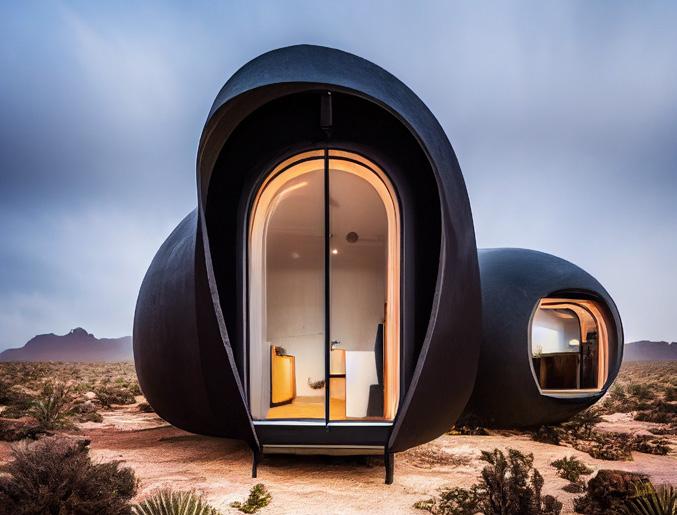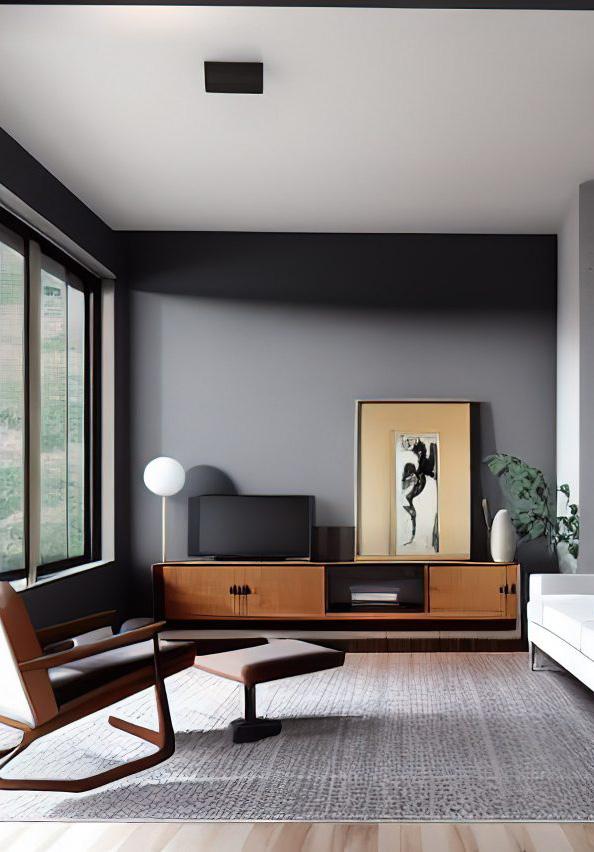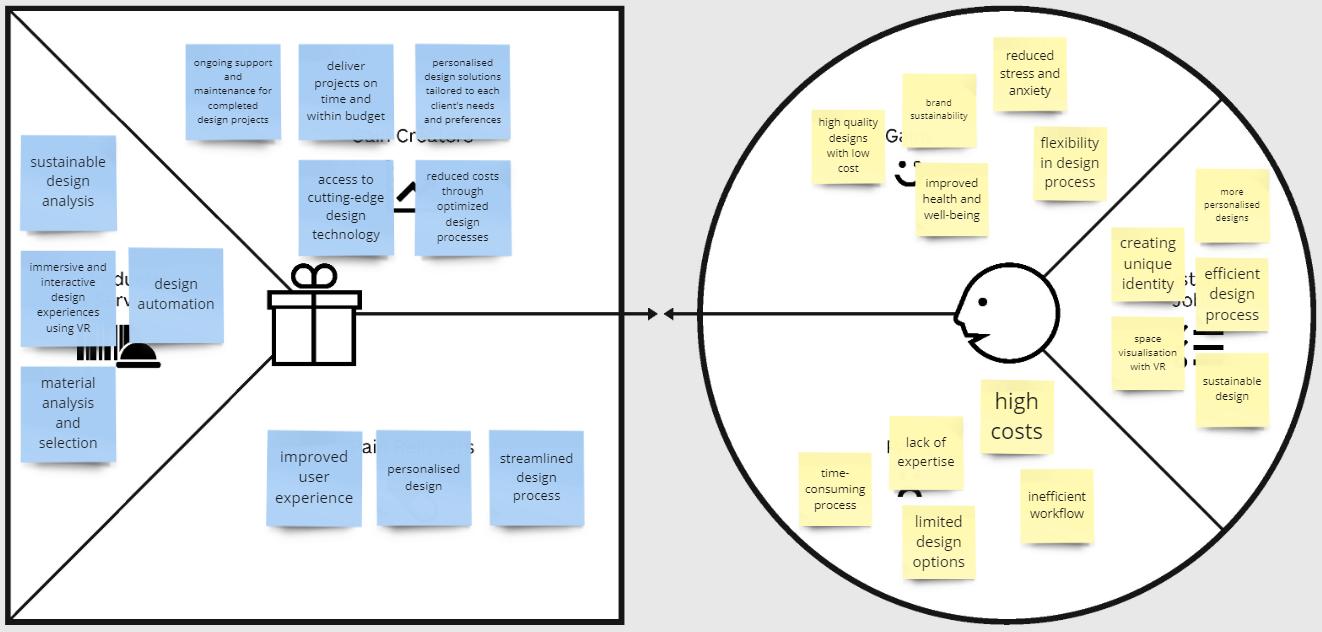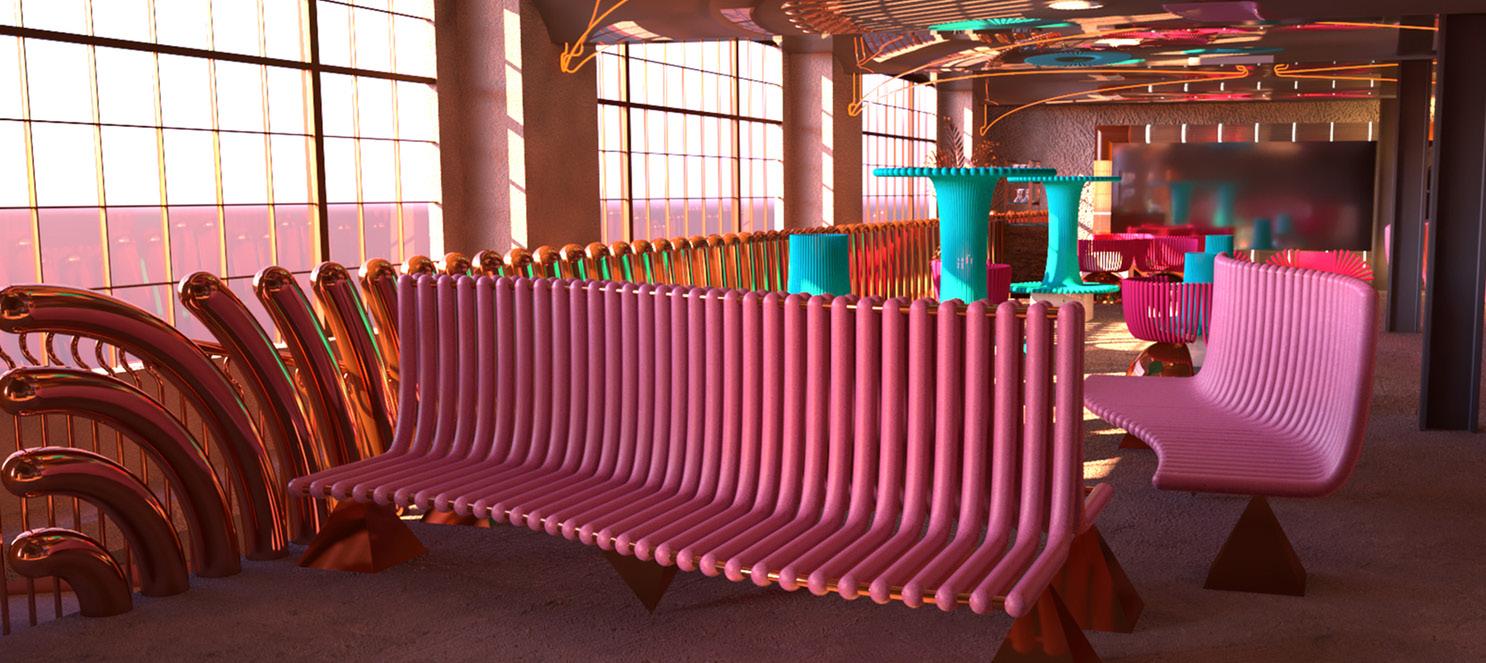
1 minute read
THE FUTURE IN 2043
AI material analysis tools suggest materials based on performance
Large-scale buildings built in less than a week
Advertisement
Predictive design tools
Smart buildings with optimised energy, light, and health
Image and object recognition tools
Data analysis tools to aid designers in making design decisions
Augmented reality design tools to create interactive and immersive modles
AI-enabled robotics and automation systems to speed up process
Sustainability analysis tools to analyse building materials, energy usage, etc. Generate interior design concepts, customised to client’s preferences and needs
AI-powered predictive design tools forecast future trends
Virtual interior design assistant
AI-powered self-regenerating buildings 2038 2043
2028

AI-powered testing and data gathering technologies will improve design usability and customisation. Automated CAD design tools will enhance drafting precision, and AI will facilitate collaboration among designers, clients, and stakeholders for faster and more efficient design processes.


Automated design tools utilising AI will generate design options and layouts based on user input and parameters. Virtual reality design tools using AI will create immersive designs for clients. AI will generate realistic 3D models and refine designs based on user needs. Real-time feedback tools will allow users to make adjustments and receive immediate feedback. These advancements will result in faster, more efficient, and personalised design experience.
2033
AI-powered interior design tools will create personalised designs based on client preferences and sustainability analysis. Data analysis tools will help designers make better decisions, while predictive design tools will anticipate future trends. Image and object recognition tools will enable designers to quickly find ideal components for their projects. AI-powered materials analysis tools will suggest innovative and sustainable materials to help designers create original designs.


AI-powered robotics and automation will speed up large-scale construction, while smart buildings will improve energy efficiency and wellbeing. Augmented reality design tools will create immersive, interactive models for real-time user feedback. AI-powered data analysis and predictive design tools will predict design trends and assist in decision-making. Virtual interior design assistants will help create personalised spaces tailored to user preferences.





